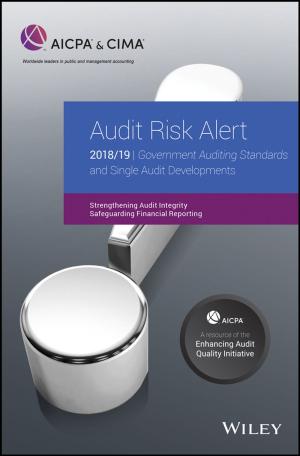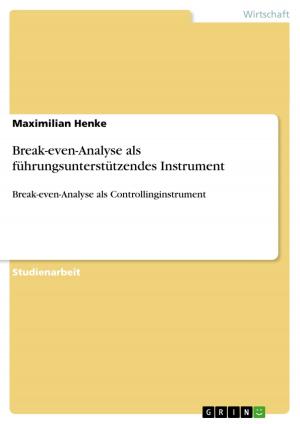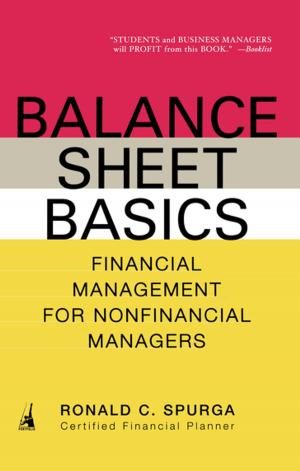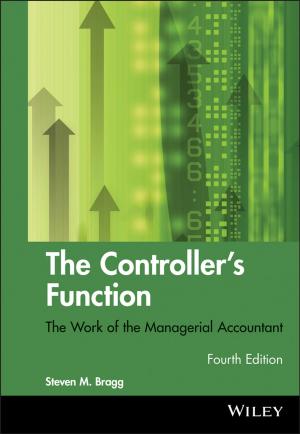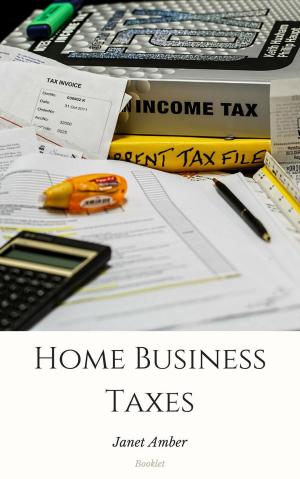| Author: | Eric Stockson | ISBN: | 1230003028384 |
| Publisher: | Greenlights Publishing | Publication: | January 10, 2019 |
| Imprint: | Language: | English |
| Author: | Eric Stockson |
| ISBN: | 1230003028384 |
| Publisher: | Greenlights Publishing |
| Publication: | January 10, 2019 |
| Imprint: | |
| Language: | English |
The word taxes refer to a payment mandated by the government of a country from all individuals earning an income above the stipulated minimum wage. The timely and accurate collection of these funds enables the efficient operation of government-run entities and the maintenance of others. Any individual who pays taxes is referred to as a taxpayer; who is required by law to make payments based on the determined taxable income. In most instances the amount due as taxes is based on the category in which the taxpayer falls; Landlord, Employed, Independent Contractor, Uber Driver or Freelancer. Another category of taxes collected are those payments collected on real estate. The term real estate can be used to refer to any physical property, as well as any land holdings that hold buildings, cultivated or uncultivated vegetation, minerals, reared livestock or crops; whether grown for use in the commercial or domestic space. The concept of real estate tax deductions refers to that percentage of one’s property that would attract a fee. Real estate fees, in most cases, come in the form of annual tax charges; determined by the current market value of that particular property. Items that fall among the real estate tax deductions include home repairs, Home office, renewable-energy tax credit and property tax as well as private home insurance. The purpose of this book is to the real estate deductions that apply for the 2019 filing period. The information will also seek to introduce taxpayers to ways to maximize the benefits of these deductions; ensuring the best results where possible. It is hoped that content shared will serve to further enhance knowledge on the subject.
The word taxes refer to a payment mandated by the government of a country from all individuals earning an income above the stipulated minimum wage. The timely and accurate collection of these funds enables the efficient operation of government-run entities and the maintenance of others. Any individual who pays taxes is referred to as a taxpayer; who is required by law to make payments based on the determined taxable income. In most instances the amount due as taxes is based on the category in which the taxpayer falls; Landlord, Employed, Independent Contractor, Uber Driver or Freelancer. Another category of taxes collected are those payments collected on real estate. The term real estate can be used to refer to any physical property, as well as any land holdings that hold buildings, cultivated or uncultivated vegetation, minerals, reared livestock or crops; whether grown for use in the commercial or domestic space. The concept of real estate tax deductions refers to that percentage of one’s property that would attract a fee. Real estate fees, in most cases, come in the form of annual tax charges; determined by the current market value of that particular property. Items that fall among the real estate tax deductions include home repairs, Home office, renewable-energy tax credit and property tax as well as private home insurance. The purpose of this book is to the real estate deductions that apply for the 2019 filing period. The information will also seek to introduce taxpayers to ways to maximize the benefits of these deductions; ensuring the best results where possible. It is hoped that content shared will serve to further enhance knowledge on the subject.


